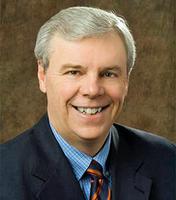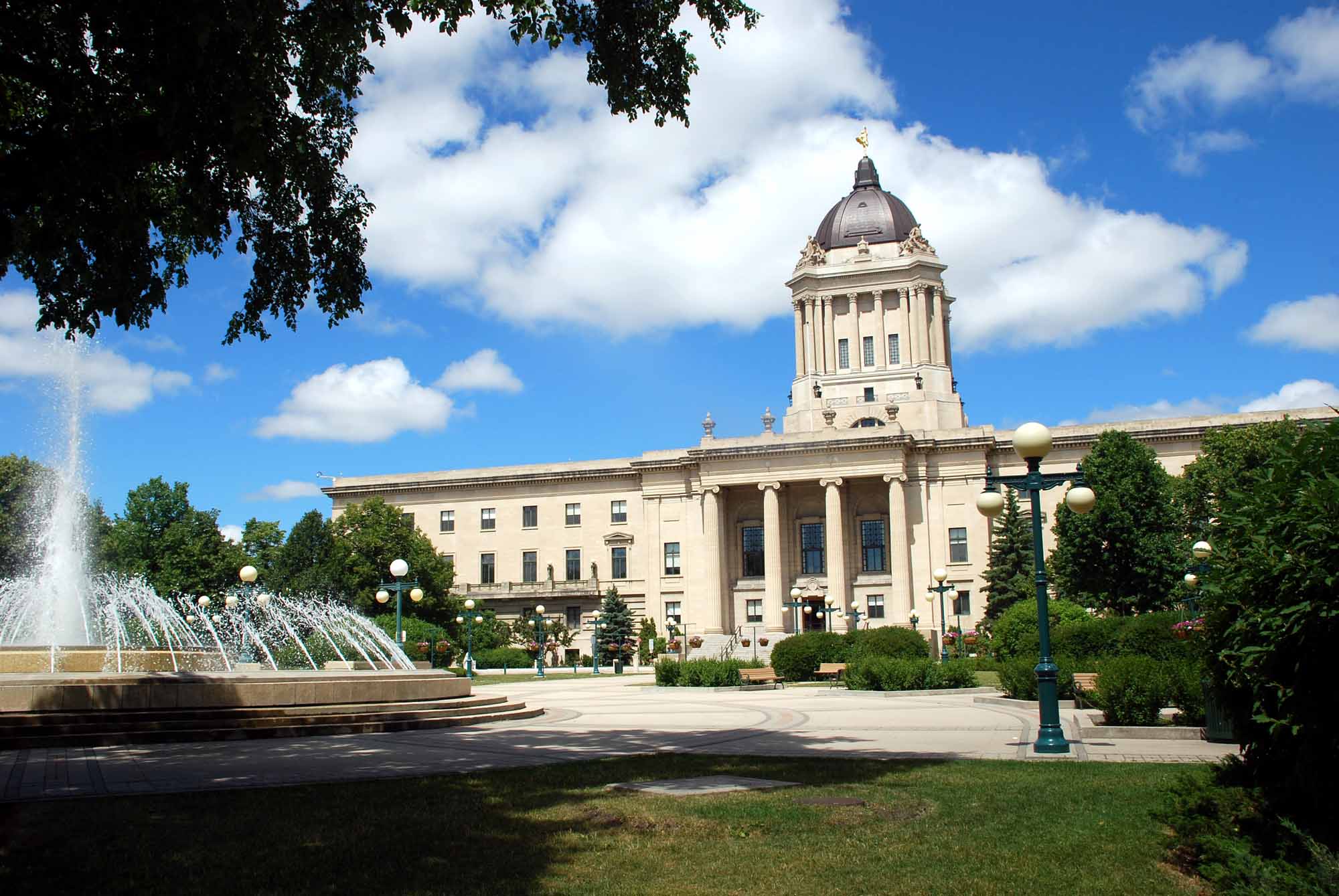
Education and Early Career
Greg Selinger was born into a poor neighbourhood in Regina on 16 February 1951, but was moved frequently at a young age — first to Vancouver, then to his grandparents' home in rural Saskatchewan after his parents' marriage ended, and then with his mother, Margaret, to Winnipeg. His mother opened a successful clothing store which allowed her to provide a middle-class upbringing to her children.
After high school, Selinger studied at the University of Manitoba, and became a social worker, working in Winnipeg's poor North End. He later studied public administration at Queen’s University and obtained a PhD from the London School of Economics. After his doctorate, he taught in the Faculty of Social Work at the University of Manitoba. He was an active social justice campaigner, fighting for better social services and welfare rates, and against the expropriation of homes in a working class neighbourhood of Winnipeg.
Selinger married Claudette Toupin, with whom he would have two sons.
Municipal Politics
Selinger's initial foray into electoral politics came at the municipal level. In 1989, he was elected to Winnipeg city council as part of a loose affiliation of activists who called their group Winnipeg Into the Nineties, that sought new faces at city hall. He chaired the council's finance and administration committee, and served on the executive policy committee.
He ran for mayor in 1992, but lost in a tight race to Susan Thompson. Selinger admitted that his refusal to accept union and corporate donations in his campaign may have had a role in his loss. "Even with that decision, we were rising towards the end of the campaign. It was like [Canadian Football League quarterback] Ron Lancaster said: 'We didn't lose, we just ran out of time.'"
Provincial Politics
Selinger turned to provincial politics in 1999, winning a seat in the suburban Winnipeg riding of St. Boniface for the Manitoba New Democrats. He was immediately appointed minister of Finance by the new premier, Gary Doer, and consistently balanced budgets in his subsequent 10 years in the role. During that time the bilingual Selinger was also given Cabinet responsibility for French Language Services, and the administration of the Crown Corporations Public Review and Accountability Act (1999), the Civil Service (2001), the Liquor Control Act (2002), the Manitoba Hydro Act (2006), and the Manitoba Lotteries Corporation Act (2007).
In 2009 premier Gary Doer was selected as Canada's new ambassador to the United States, and Selinger announced shortly after that he would run for the leadership of the NDP. He defeated the only other competitor, Steven Ashton, with the largest margin of victory in the party's history (66 per cent of the vote), and was subsequently sworn in on 19 October 2009.

Premier
Two years later, Selinger easily won his first election campaign as NDP leader, capturing 37 of 57 seats on 4 October 2011 — becoming Manitoba's 21st premier.
His government's popularity did not last for long. In 2013, the NDP government raised the provincial sales tax from 7 to 8 per cent, breaking a promise in the 2011 campaign that it would not do so. In his annual state of the province address in December 2013, Selinger admitted the tax increase had “caused some heartburn,” but listed achievements such as infrastructure repair, increased population and expanded trade.
The NDP dropped in public opinion polls as a result of the tax hike and the party soon faced an internal revolt. In 2014, Selinger was forced into a leadership race after refusing the calls of five senior Cabinet ministers who publicly demanded his resignation. In the ensuing leadership campaign, Selinger touted his government’s economic achievements, including low unemployment and good economic growth. He narrowly maintained power in a party leadership vote on 8 March 2015, beating former health minister Theresa Oswald by 33 votes on the second ballot, with slightly more than 51 per cent of the overall vote.
However, the leadership campaign did not help the party’s standing. Prior to the 2016 election, Selinger's support in the polls ranked him as Canada’s least popular premier. He launched the 2016 campaign with an ad acknowledging his failures: “It’s been a tough year and we haven’t always gotten it right, but I always make decisions with your best interests in mind,” he said to voters.
On 18 April 2016, Brian Pallister's Progressive Conservatives ended nearly 17 years of NDP government in Manitoba by winning 40 seats, compared to only 14 for Selinger's NDP. Although Selinger won re-election as MLA, he resigned as leader of the NDP.
As of 2017, he continued to sit in the provincial legislature as the member for St. Boniface.

 Share on Facebook
Share on Facebook Share on X
Share on X Share by Email
Share by Email Share on Google Classroom
Share on Google Classroom


